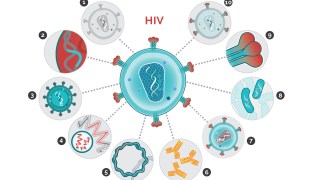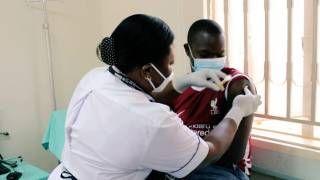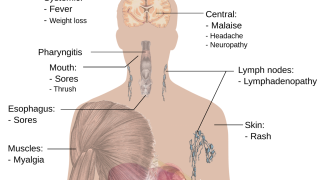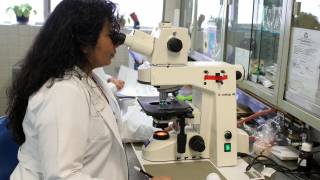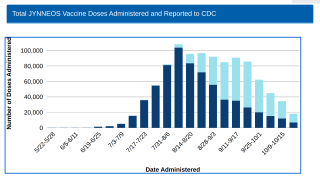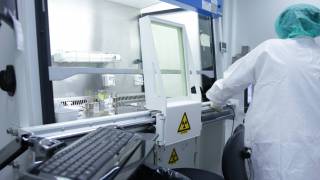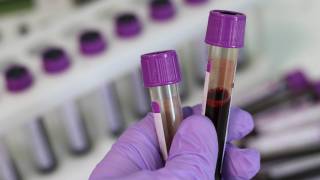Can the AIDS Epidemic End Without HIV Vaccines
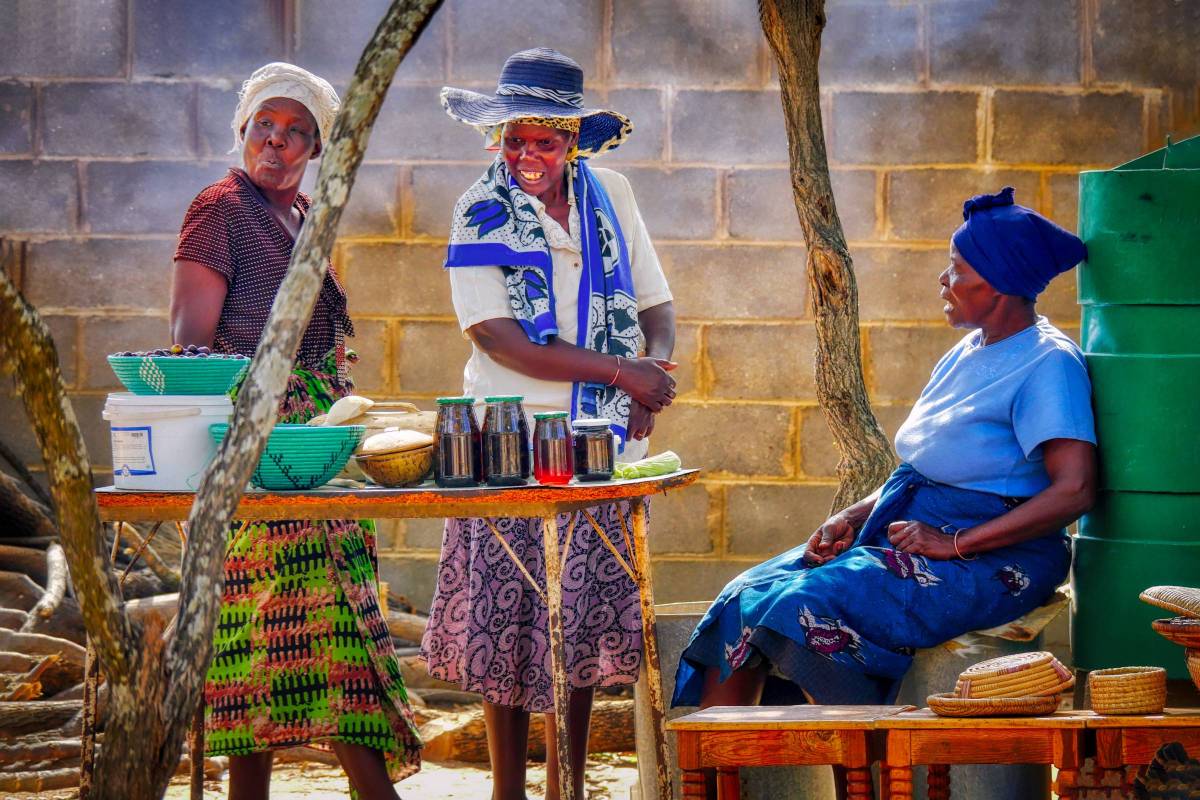
As the new year began a few weeks ago, various scientists are focused on developing Human Immunodeficiency Virus (HIV) vaccines. And vaccine development has accelerated in 2023 with candidates utilizing innovative technologies such as mRNA.
Vaccines work by inducing the immune system to make antibodies that can neutralize a particular pathogen.
But doing so for HIV has been challenging because there are countless variants worldwide, wrote the U.S. National Institutes of Health (NIH) on December 13, 2022.
This challenge is why mRNA vaccines may become the solution.
Encouraging news was announced in 2022 when Moderna Inc., a global leader in mRNA vaccines, confirmed it was participating in the NIH's HVTN 302 study that examines the safety and immune responses of BG505 MD39.3 mRNA, BG505 MD39.3 gp151 mRNA, and BG505 MD39.3 gp151 CD4KO vaccines.
Each of Moderna's vaccine candidates are designed to present the spike protein found on the surface of HIV that facilitates entry into human cells and encodes for different but highly related stabilized proteins.
While this early-stage, Phase 1 clinical trial was updated on October 3, 2022, it could be years from achieving U.S. Food and Drug Administration (FDA) approval.
As of January 15, 2023, the FDA had not approved any HIV prevention vaccine for use by people.
Unfortunately, the AIDS epidemic continues to impact people everywhere, specifically in Africa.
About 38 million people worldwide are living with HIV, and about 70% of them live in Africa.
However, over 28 million people were accessing antiretroviral therapy in 2022, a significant increase from 7.8 million in 2010.
And in 2023, these people have expanded treatment options.
Gilead Sciences, Inc. announced on December 22, 2022, that the FDA approved Sunlenca® for treating HIV-1 infections in heavily treatment-experienced adults with multi-drug resistant HIV-1 infection.
And previously, the U.S. FDA-approved Apretude for use by at-risk adults and adolescents weighing at least 35 kilograms for pre-exposure prophylaxis to reduce the risk of sexually acquired HIV on December 20, 2021.
Anthony S. Fauci, M.D., former director at the U.S. National Institute of Allergy and Infectious Diseases, recently commented about HIV vaccine development efforts in an Emerging and Reemerging Infectious Diseases Perspective: It Ain't Over Till It's Over…but It's Never Over.
Our Trust Standards: Medical Advisory Committee
